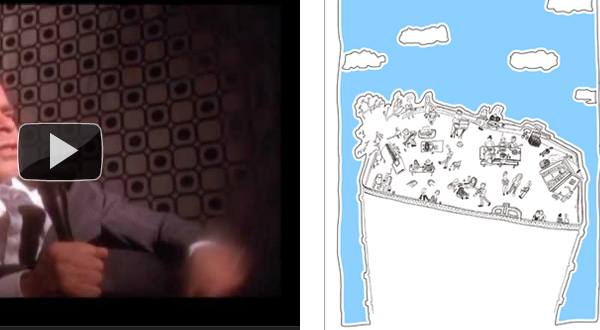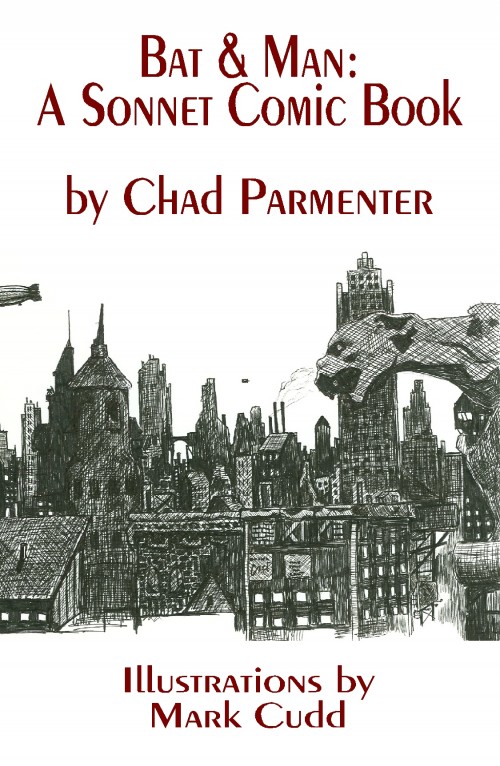ToBS R1: lit blogging at age 35 vs. tweeting at age 45

[Matchup #22 in Tournament of Bookshit]
Using two specific examples I will discuss lit blogging at age 35 versus tweeting at age 45 and declare a winner. I’d like to note that this entry is merely in the spirit of Mean Week. I respect both Matt and Deb. The idea alone that I thought of their names when considering this topic should only be aligned with admiration. And neither is a true winner. If you’re involved in any way – writer, reader, twitter user, lit blogger – in the “lit scene,” you’re a loser by default. Happy Mean Week, nerds.
Example One: Lit blogging at age 35 READ MORE >
ToBS R1: calling anything you write a manuscript vs. author photos
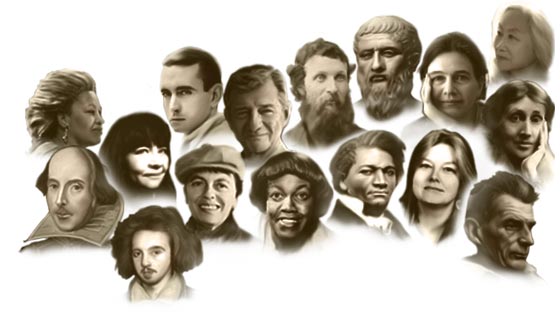
[Matchup #22 in Tournament of Bookshit]
Calling Anything You Write A Manuscript
I just copypasted my blogger into google docs for a 45,000 word count. My nanowrimo just feels right. The manuscript I drafted and polished in February is complete. A novel in tweets. Everything I write is gold. This is like _______ meets ________. It’s _________ with a twist. I think people want to read about my breakup. It’s 50,000 on my daily bathroom experiences. I oulipo’d this baby without the first half of the alphabet. It’s called ‘beastial fiction’. I just wrote down everything my mother said. I’m a method writer. Why do you think the title is “Cock In Hand”? I used a typewriter for authenticity. The blank spaces represent epic minimalism. READ MORE >
ToBS R1: Gmail chat people who are always visible vs. People who leave really long comments

[Matchup #21 in Tournament of Bookshit]
Gmail chat people who are always visible
We get it. You are always online and you want the world to know it. You are connected and plugged in and able to immediately respond to every electronic message appearing in your Inbox. You are there, waiting beneath the pale glow of your monitor, to chat and abuse emoticons and the English language typing phrases like i want 2 c u cum. You are the Motel 6 of Gmail—your light is always on, always green. When you’re busy, you do not hesitate to turn on the red light but still, you are there. Never, though, is your light yellow. Never does that light fade to gray. You do not idle. You do not step away from the computer. You do not stop typing. Your fingers are always tap tap tapping away, letting the world know you will not abandon your virtual post. You are the Internet presence. You are the bright e-mail light in the dark, dark night. We see the messages you leave, floating in the screen ether just below your name. You’re writing or you’re reading or you’re promoting the last thing you wrote. More often than not, you are passive aggressively communicating your displeasure about the state of the world or, as is usually the case, the state of your world. You are pithy or bitter or bitterly pithy but at least you are there. You will always be there. The rest of us, lurking silently behind the gray dot of feigned absence, we watch and we wait. Sooner or later, your time will come. Your light too, will go gray. READ MORE >
ToBS R1: ‘curating’ a reading series vs. crossing off typed name & signing your name below it in yr book
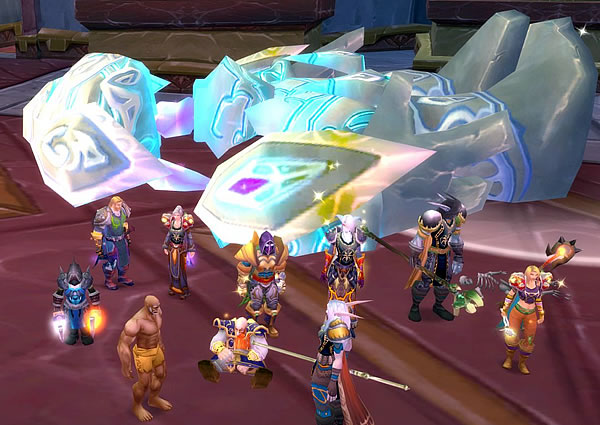
[Matchup #20 in Tournament of Bookshit]
‘curating’ a reading series
pros: you will have something to do, you will have a legitimate reason to talk to and meet writers you like, you will be able to promote writers you like which may distract you from shit-talking writers you dislike
cons: ~90% of readings i’ve been to have ‘seemed bleak,’ you will quickly ‘run out of’ readers to ask to read, you might feel pressure to promote the readings so it won’t be awkward when the audience is small, you might feel pressure to introduce every reader with enthusiasm and to appear happy/excited that they’re reading for your series, you will be in positions where you might have to either ignore or reject certain people who want to read for your series READ MORE >
Whoa: PRISM Index and What You Will
Here I have two great publications with incredible design and construction. They are 1) Prism Index, a magazine in its second issue, edited by Jeffrey Bowers, and 2) What You Will, a chapbook of poems by Kyle Schlesinger and published by NewLights Press.
They are both amazing — unbelievable, really, in their existence. It’s remarkable that human beings can do this stuff.
ToBS R1: shortshort referring to whiskey consumption vs. asking facebook friends to review yr book on amazon
[Matchup #19 in Tournament of Bookshit]
Whiskey as cultural flashpoint implies a kind of toughness, a kind of rambunctious, possibly-troubled badassness of attitude (due to overuse it’s shifting into a symbol of extended upper-middleclass adolescence aspiring to evoke the above) exactly counteracted by the poncey formal envelope of ‘short-short.’ These two clichés epitomize the literary trinket cranked out by our culture. A frilly package whose contents purport to be “broken,” like Hugh Laurie blues album.
The whiskey person travels to writers’ conferences where people like Denis Johnson and Tim O’Brien tell them to characterize with vivid detail. This is advice they need to hear (since their ‘short-short’ is, other than cultural flashpoint, an orgy of exposition) but will never heed. When they return form the conference, they only talk about who they met, never about what they learned. They mention the drink they had with Denis Johnson, and how cool and normal he seemed, yet also weird in a couple of ways! Then they ask you how your weekend was, and they actually care. READ MORE >
Interview with Bradford Morrow
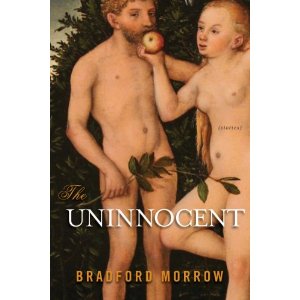 As both author and editor, Bradford Morrow, has been a major figure on the American literary scene for more than three decades. To date, he has published six novels (including The Almanac Branch, Trinity Fields and, most recently, The Diviner’s Tale), a novella (Fall of Birds), five collections of poetry, two illustrated books (including A Bestiary, a collaboration with Eric Fischl, Kiki Smith, Richard Tuttle, and fifteen other contemporary artists) and has edited nine collections of poetry and prose. Morrow is also the founding editor of the literary magazine, Conjunctions, which will publish its fifty-eighth issue this spring. His first collection of short fiction, The Uninnocent, has just been published by Pegasus Books. —Stephen O’Connor
As both author and editor, Bradford Morrow, has been a major figure on the American literary scene for more than three decades. To date, he has published six novels (including The Almanac Branch, Trinity Fields and, most recently, The Diviner’s Tale), a novella (Fall of Birds), five collections of poetry, two illustrated books (including A Bestiary, a collaboration with Eric Fischl, Kiki Smith, Richard Tuttle, and fifteen other contemporary artists) and has edited nine collections of poetry and prose. Morrow is also the founding editor of the literary magazine, Conjunctions, which will publish its fifty-eighth issue this spring. His first collection of short fiction, The Uninnocent, has just been published by Pegasus Books. —Stephen O’Connor
O’Connor: You call your book The Uninnocent. I am very interested in the idea of “un-innocence.” How do you distinguish it from guilt (not in the sense of the emotion, but of being responsible for a wrong act)?
Morrow: The way I think about it, if innocence is a state of grace, an absence of inner darkness, uninnocence is its antithesis: a state of perpetual shadow, one in which serenity and goodness are distant dreams, if that. While the darkness of the uninnocent isn’t always calculating—thepeople in these stories are not all born wicked—through the agency of some flaw or naïveté they simply break bad. Even before they’re guilty of anything, many of them never seem to be fated for an innocent life. The narrator of the opening story, “The Hoarder,” openly admits of his childhood self, “I was a weird little bastard.” He wasn’t yet a perpetrator of any misdeed, but innocence didn’t seem even to him to be a defining part of his character. One could fairly ask why coin the word “uninnocent” when the language is so replete with terms for the reprehensible, the blameworthy, the delinquent, the wicked. But while many of the people in my stories behave in ways that society appropriately considers wrong, or even depraved, my approach to writing about these individuals was from the inside out. It was important to me to locate a deeper grace or humanity within them and use that as an empathic starting place—a tentative innocence they themselves often do not recognize—and weave their failings around that fragile locus. Another aspect of uninnocence in the book is that so many are never caught or convicted of anything, and when they are restrained by authorities, they’re often convinced the system is working against them, don’t understand why the system has targeted them. John, the narrator of “All the Things That are Wrong with Me,” feels perfectly justified in doing the disastrous things he’s done and can’t understand why he’s been separated from normal society, forced to reside in a kind of Cuckoo’s Nest asylum with others who, unlike himself, are truly mad. And I more or less see where he’s coming from, though I disapprove of his basic vigilantism when he exacts eye-for-an-eye, tooth-for-a-tooth punishment on a kid who’s behaved sadistically toward his dog. READ MORE >
ToBS R1: talking shit about New Yorker while submitting frqntly to NYer vs. dream sequence w talking animals
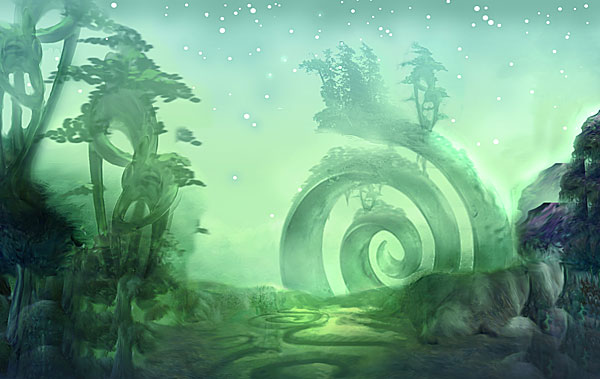
[Matchup #18 in Tournament of Bookshit]
Let’s tie these together.
1. Don’t worry about it: your story/novel excerpt with the talking animal dream sequences is not going to get published in The New Yorker.
2. This might be why you have to talk shit about The New Yorker. You know you will never be published there.
3. This might be why you talk shit about God. You know he doesn’t exist.
4. But still, you submit.
5. But still, you pray.
6. Don’t worry about it: it’s okay not to know who you are. Every rejection will move you closer to some knowing. READ MORE >
ToBS R1: characters that ‘just have to have their stories told’ vs. celebrity fiction
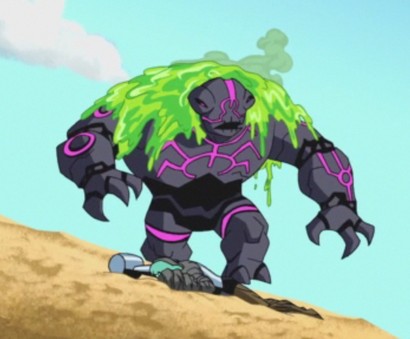
[Matchup #17 in Tournament of Bookshit]
I don’t how many people who hate this novel, or just want to make fun of it (here, here, here, and here for a random smattering of the shit-talking) cite the following passage as an example of bad writing: “Gia danced around a little, shaking her peaches for show. She shook it hard. Too hard. In the middle of a shimmy, her stomach cramped. A fart slipped out. A loud one. And stinky.” Snooki’s “novel” might be bad (I wouldn’t know; I’ve only read one excerpt enough to write this), but shall I compare this to a summer’s day–I mean to Ayn fucking Rand, in particular from Atlas Shrugged (a book I read when I was 19 and won’t bother with again because it’s Ayn fucking Rand)?: “Do not let your fire go out, spark by irreplacable spark. In the hopeless swamps of the not quite, the not yet, and the not at all, do not let the hero in your soul perish and leave only frustration for the life you deserved, but never have been able to reach. The world you desire can be won, it exists, it is real, it is possible, it is yours.” READ MORE >
Reading Comics: Chad Parmenter’s Poetics
Bat & Man: A Sonnet Comic Book is a chapbook of sonnets about Batman. They’re persona poems spoken in dialogue, between Selina Kyle and Bruce Wayne, with the driving narrative that she has woken him up from a nightmare, and he describes it to her, sonnet by sonnet. Each one adds to what you might recognize as the ritual activity of most Batman comics and other media: retracing what led Bruce Wayne to become Batman, revising that story in the process. This revision is part Citizen Kane and part Yeats, with a kind of comic-gothic inflection to the whole thing that might be what Stephen Burt calls Lowellian, in his essay, “Poems About Superheroes.”

